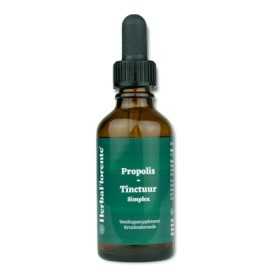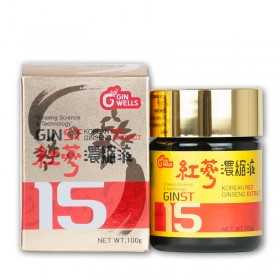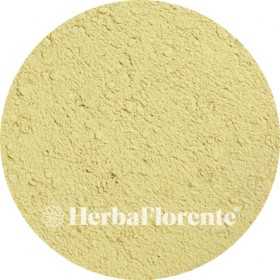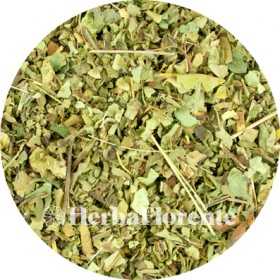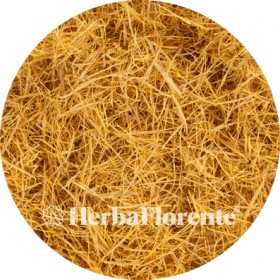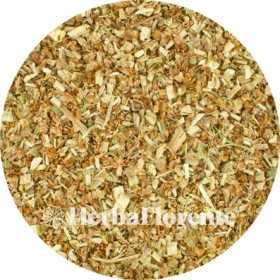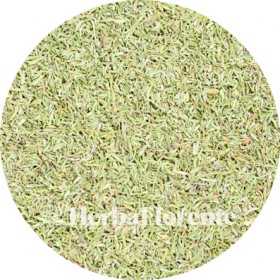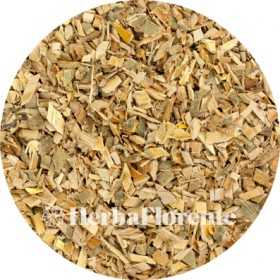P, Q, R, S, T
There are 27 products.
Sheep's sorrel - Rumex acetosa
Sheep's sorrel (Rumex acetosa) is a perennial plant that is part of the knotweed family (Polygonaceae). This versatile plant grows to a height of 10 to 60 cm and spreads via numerous long, underground runners.
The leaves, which reach a length of 3 to 7 cm, have a characteristic spike shape and vary from obovate to narrow linear. From May until deep into autumn, sheep's sorrel adorns itself with plumes that usually have a greenish hue, sometimes with a light red glow. In certain specimens, the plumes can even turn dark red, which provides a striking contrast in the landscape.
The leaves, which reach a length of 3 to 7 cm, have a characteristic spike shape and vary from obovate to narrow linear. From May until deep into autumn, sheep's sorrel adorns itself with plumes that usually have a greenish hue, sometimes with a light red glow. In certain specimens, the plumes can even turn dark red, which provides a striking contrast in the landscape.
€2.25
From: €2.25
Thyme - Thymii vulgaris - Cut
Thyme is a herb valued in both cooking and traditional applications. It is recognizable by its distinctive aroma and can be used in teas, spice blends, syrups, or as a seasoning in dishes.
Thyme grows naturally in Europe, Asia, and Africa, forming hardy shrubs approximately 40 centimeters tall. The herb thrives in dry and stony soils. Both the leaves and flowers of thyme contain various plant compounds, including essential oils and flavonoids.
Thyme was used by the Greeks and Romans since ancient times, primarily for its aroma and culinary uses. Today, thyme is still valued for its fragrance and flavor.
Thyme grows naturally in Europe, Asia, and Africa, forming hardy shrubs approximately 40 centimeters tall. The herb thrives in dry and stony soils. Both the leaves and flowers of thyme contain various plant compounds, including essential oils and flavonoids.
Thyme was used by the Greeks and Romans since ancient times, primarily for its aroma and culinary uses. Today, thyme is still valued for its fragrance and flavor.
€2.20
From: €2.20
Willow - Salicis alba
The white willow (Salix alba), also known as the "white willow" in English, is a common tree in the Netherlands. The bark of the willow naturally contains salicin, a glycoside identified as early as 1828 by the German pharmacist Johann Andreas Buchner.
The white willow is valued for its long history of use and is botanically interesting for its characteristic leaves and growth habit.
The white willow is valued for its long history of use and is botanically interesting for its characteristic leaves and growth habit.
€2.00
From: €2.00

